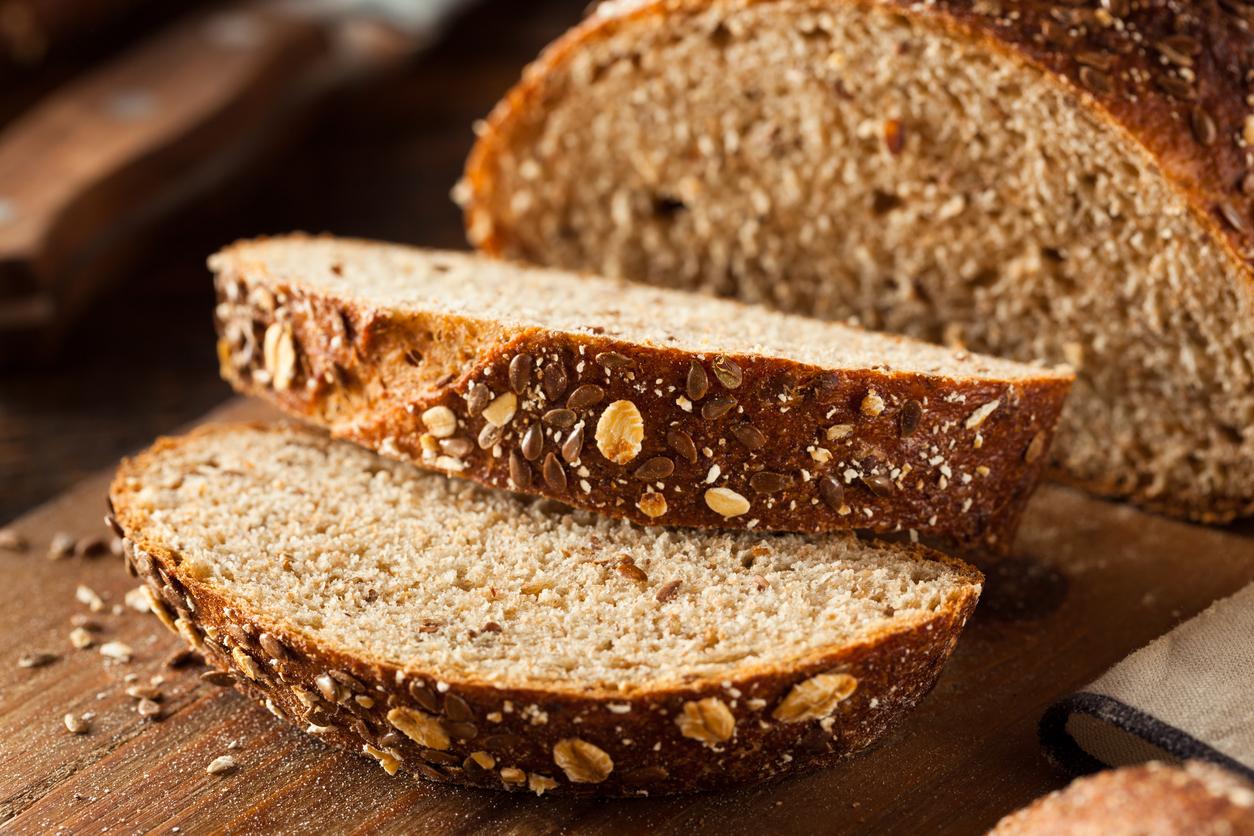Gluten-free diets linked to increased risk of type 2 diabetes
Man shall not live on bread alone, but perhaps it could be better for us than we thought

Your support helps us to tell the story
From reproductive rights to climate change to Big Tech, The Independent is on the ground when the story is developing. Whether it's investigating the financials of Elon Musk's pro-Trump PAC or producing our latest documentary, 'The A Word', which shines a light on the American women fighting for reproductive rights, we know how important it is to parse out the facts from the messaging.
At such a critical moment in US history, we need reporters on the ground. Your donation allows us to keep sending journalists to speak to both sides of the story.
The Independent is trusted by Americans across the entire political spectrum. And unlike many other quality news outlets, we choose not to lock Americans out of our reporting and analysis with paywalls. We believe quality journalism should be available to everyone, paid for by those who can afford it.
Your support makes all the difference.Avoidance of gluten has become increasingly popular in recent years thanks to many celebrities and healthy eating advocates warning of its supposed dangers.
We’ve been told we’ll all feel healthier and look slimmer if we go gluten-free, and so many people with no real intolerance at all have shunned gluten, which is found in various grains including wheat, rye, barley and spelt.
However the backlash against the anti-gluten brigade has begun, and a new study has added fuel to the fire.
Researchers from Harvard University have found a link between gluten-free diets and type 2 diabetes.
Whilst people with coeliac disease and genuine intolerances have to avoid gluten for medical reasons, those who shun grains as a lifestyle choice could be doing more harm than good, the researchers warned.
The results are particularly noteworthy because of the study’s size and scale - the gluten intake of 200,000 people was estimated over 30 years.
The long-term observational study found that the 20 per cent of participants who consumed the most gluten had a 13 per cent lower chance of developing type 2 diabetes compared to those who ate the least.
This suggests that consuming gluten could lower the risk of developing diabetes, lead author Geng Zong from Harvard University's Department of Nutrition said.
He warned against eating gluten-free versions of foods that would naturally contain gluten, like bread, pasta and crackers: “Gluten-free foods often have less dietary fibre and other micronutrients... making them less nutritious.
“People without coeliac disease may reconsider limiting their gluten intake for chronic disease prevention, especially for diabetes.”
The proportion of the population whose bodies genuinely cannot stomach gluten is actually very small, so it could be that people who are perfectly tolerant of gluten are unknowingly increasing their risk of diabetes by avoiding it.
However it’s not clear whether it was actually the gluten that resulted in a lower risk of type 2 diabetes, or in fact the foods often found alongside the protein.
“It could be that other things that you tend to find gluten with, we tend to find things like wholegrains, which are associated with a reduction in risk of diabetes,” University of Canberra Associate Professor of nutritional science Duane Mellor explained.
It’s also worth noting that when the study commenced over 30 years ago, avoiding gluten was not the trendy lifestyle choice it is now.
Bread, anyone?
Join our commenting forum
Join thought-provoking conversations, follow other Independent readers and see their replies
Comments